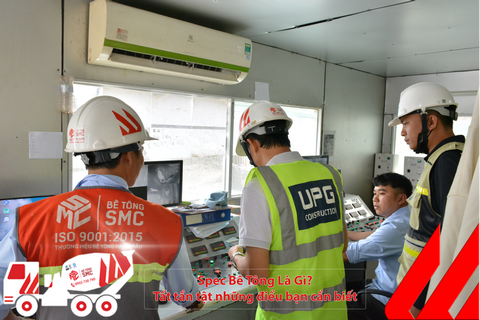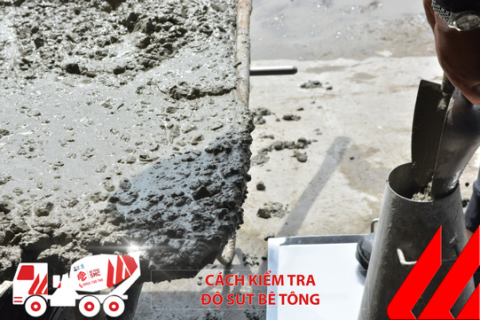Frequently asked Questions
Concrete engineering advice
Business contact
Comparing Ready-Mix Concrete, Lightweight Concrete, and Ultra-Lightweight Concrete: Which Is the Optimal Choice for Your Project?
1. What Is Ready-Mix Concrete? Advantages and Common Applications
2. Understanding Lightweight Concrete – A Load-Reducing Solution
3. Ultra-Lightweight Concrete – The Next Generation Building Material
4. Detailed Comparison: Ready-Mix vs. Lightweight vs. Ultra-Lightweight Concrete
| Criteria | Ready-Mix Concrete | Lightweight Concrete | Ultra-Lightweight Concrete |
|---|---|---|---|
| Density | ~2,400 kg/m³ | 1,000–1,800 kg/m³ | < 800 kg/m³ |
| Compressive Strength | High | Medium | Low to Medium |
| Insulation Performance | Low | Good | Excellent |
| Workability | Easy | Very easy | Flexible and adaptable |
| Cost | Standard | Moderate | Higher |
5. Choosing the Right Concrete for Your Construction Needs
Other news
Currently, ready-mix concrete is a top choice for many construction projects—both large and small—thanks to its convenience, consistent quality, and high construction efficiency. With extensive experience supplying commercial concrete for numerous key projects in the Southern region, SMC proudly offers a diverse range of ready-mix concrete products to meet the technical requirements of every type of construction.
A Comprehensive Guide to Concrete Specs – Everything You Need to Know
A Complete Guide to Concrete Specs – a set of technical parameters including concrete grade, slump, compressive strength, aggregate size, and mix ratio. This article helps you understand how to define, apply, and control concrete quality according to TCVN standards and practical construction conditions.
How to check the concrete slump
In construction and civil engineering, concrete slump test (or simple slump test) is the work performed at the construction site or in the laboratory that usually determines and measures the hardness, consistency of samples. Concrete before pouring concrete or casting maintenance, research or experiment samples.




